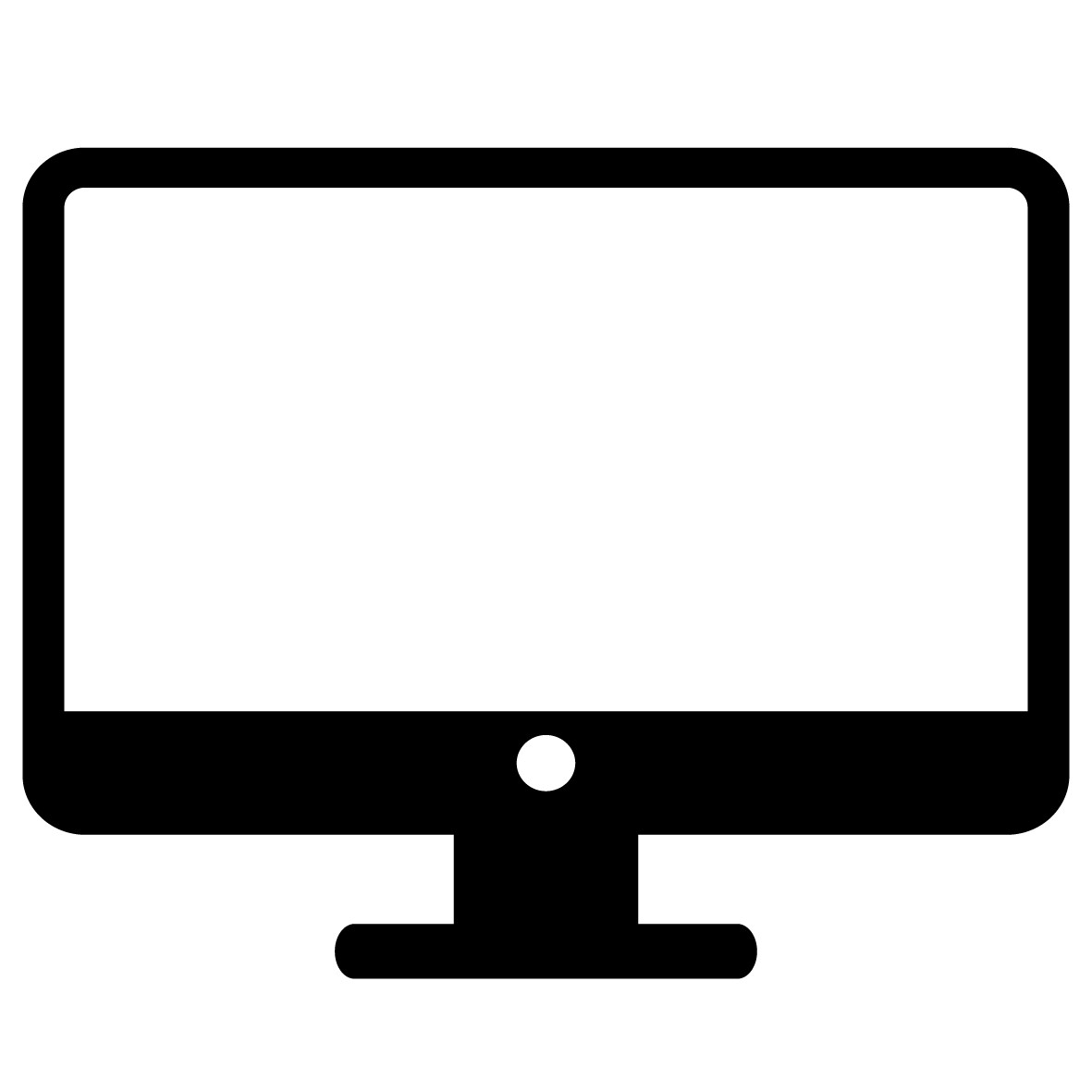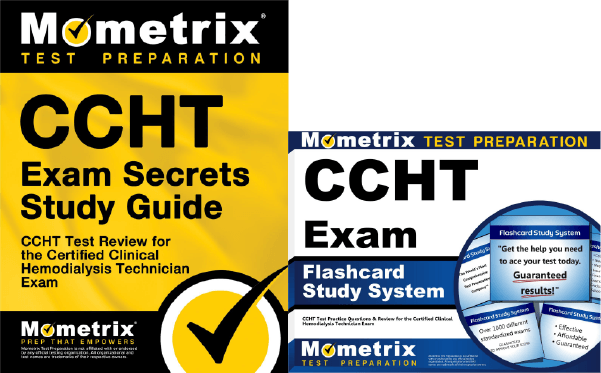If you need help studying for the CCHT exam or just want some more information about what the test is like, you’ve come to the right place.
Click below to take a free CCHT practice test!
CCHT Eligibility
Before you can register to take the CCHT exam, there are some eligibility requirements you’ll have to meet.
- First and foremost, you need to have a high school diploma or GED.
- Secondly, you need to have successfully completed a training program that includes both classroom instruction and clinical experience.
- If you don’t have a position as a CHT, you’ll need to provide how many hours of clinical, hands-on patient care experience you’ve obtained as part of your training program.
- If you’ve been employed for at least 18 months, you need to provide proof of current retraining and hands-on experience.
If you meet these requirements, you’re set to begin the registration process!
What’s on the CCHT Exam?
First, let’s talk about the questions on the exam. There are 150 multiple-choice questions total, but only 125 of the questions will count toward your score. Why is that?
The 25 unscored questions on the CCHT exam are called “pretest” questions. These are added to the exam to determine if they’re good enough questions to add to future versions of the test.
The trick is that you won’t have any way of knowing which questions are scored and which ones are pretest. They will appear just like the scored questions throughout the test.
The questions are split into three cognitive levels: Knowledge (K), Comprehension (C), and Application (A).
This level assesses how well you can recall specific facts, common terms, fundamental ideas, and principles.
Comprehension (23%-28%)
This level assesses how well you understand a concept beyond simple recall.
Application (63%-67%)
This level assesses how well you can determine the nature of an issue or the best course of action.
The time limit for the exam is 3 hours. There aren’t any scheduled breaks, but you’re free to take restroom breaks as needed.
The exam is also split into 4 practice areas: Clinical, Technical, Environment, and Role Responsibilities. Each question falls under one cognitive level and one practice area.
1. CLINICAL

These are some of the topics included:
- Aseptic technique
- Evaluating and cannulating the patient’s access
- Monitoring the patient
- Using an arteriovenous fistula to discontinue the patient’s treatment
2. TECHNICAL

These are some of the topics included:
- Monitoring the water treatment
- Mixing concentrates from powder
- Processing lab samples
- Reporting an adverse event
3. ENVIRONMENT

These are some of the topics included:
- Using standard dialysis precautions
- Using proper body mechanics
- Disinfecting surfaces with chemicals
- Maintaining an emergency exit path that is unobstructed
4. ROLE RESPONSIBILITIES

These are some of the topics included:
- Maintaining appropriate relationships with patients and caregivers
- Effectively communicating treatment outcomes
- Using appropriate verbal and nonverbal communication with patients
- Identifying the various roles and responsibilities of care-team members
How to Register
Once you’ve ensured that you meet all of the eligibility requirements, you can register for the exam!
Just to give you a heads-up – there’s no way to submit an application online; you’ll need to print out and mail your application.
To get started, you’ll need to download an application form from NNCC’s website. Once you’ve filled out all of the necessary information, you’ll need to attach a copy of your high school diploma (or verification of your GED) and a copy of your driver’s license or other government-issued ID to the application.
The last step is mailing your application and a money order or cashier’s check to C-NET.
The testing fee is $225, but there are several other fees you may incur for a variety of different reasons:
CCHT Exam Scores
The CCHT test is scored using two methods: the Angoff method and scaled scoring.
Here’s how they work:
A group of subject-matter experts take an educated guess at the percentage of candidates who would correctly answer each question on the test. These estimates are then averaged to set a cut-off score, which test-takers must meet or exceed to pass. This method aims to ensure the pass threshold reflects the level of knowledge or skill that is deemed minimally acceptable for a particular profession or field.
Scaled Scoring
For every question you answer correctly, you get one point added to your raw score. At the end of the test, your final raw score will be converted to a scaled score. You’ll need a score of at least 95 to pass the test, which means you’ll need to answer at least 74% of the questions correctly to pass.
The reason your raw score is converted to a scaled score is because everyone who takes the CCHT test is given a slightly different set of questions. Since everyone has a different arrangement of questions, and because some questions are harder than others, converting your raw score to a scaled score ensures a more even playing field.
Online CCHT Prep Course
If you want to be fully prepared, Mometrix offers an online CCHT Prep Course. The course is designed to provide you with any and every resource you might want while studying. The CCHT Course includes:
- 50 Review Lessons Covering Every Topic
- 600 CCHT Practice Questions
- More than 350 Digital Flashcards
- Money-back Guarantee
- Free Mobile Access
- and More!
The CCHT Prep Course is designed to help any learner get everything they need to prepare for their CCHT exam. Click below to check it out!
Retaking the Exam
If you didn’t get a passing score on your first try, that’s okay! You can retake the test as many times as you want.
FAQs
How many times can you take the CCHT exam?
You may retake the exam as many times as you need to.
How hard is the CCHT exam?
The CCHT exam is moderately difficult but can be passed easily with enough prep beforehand. The pass rate is currently 70%.
How many questions are on the CCHT exam?
There are 150 multiple-choice questions on the exam.
What is the passing score for the CCHT exam?
You need to answer at least 74% of the questions correctly to pass.



 CCHT Online Course
CCHT Online Course CCHT Study Guide
CCHT Study Guide CCHT Flashcards
CCHT Flashcards


